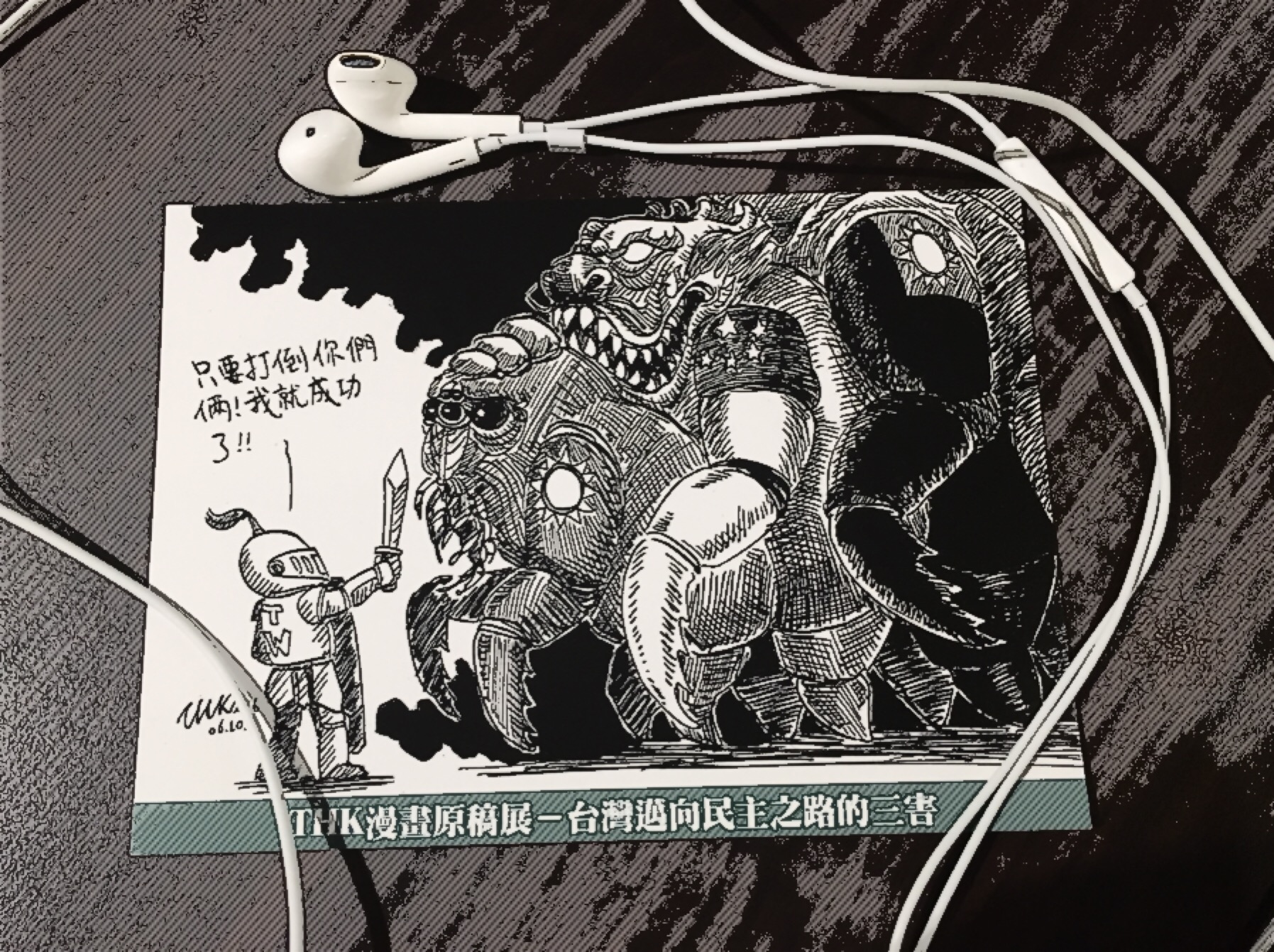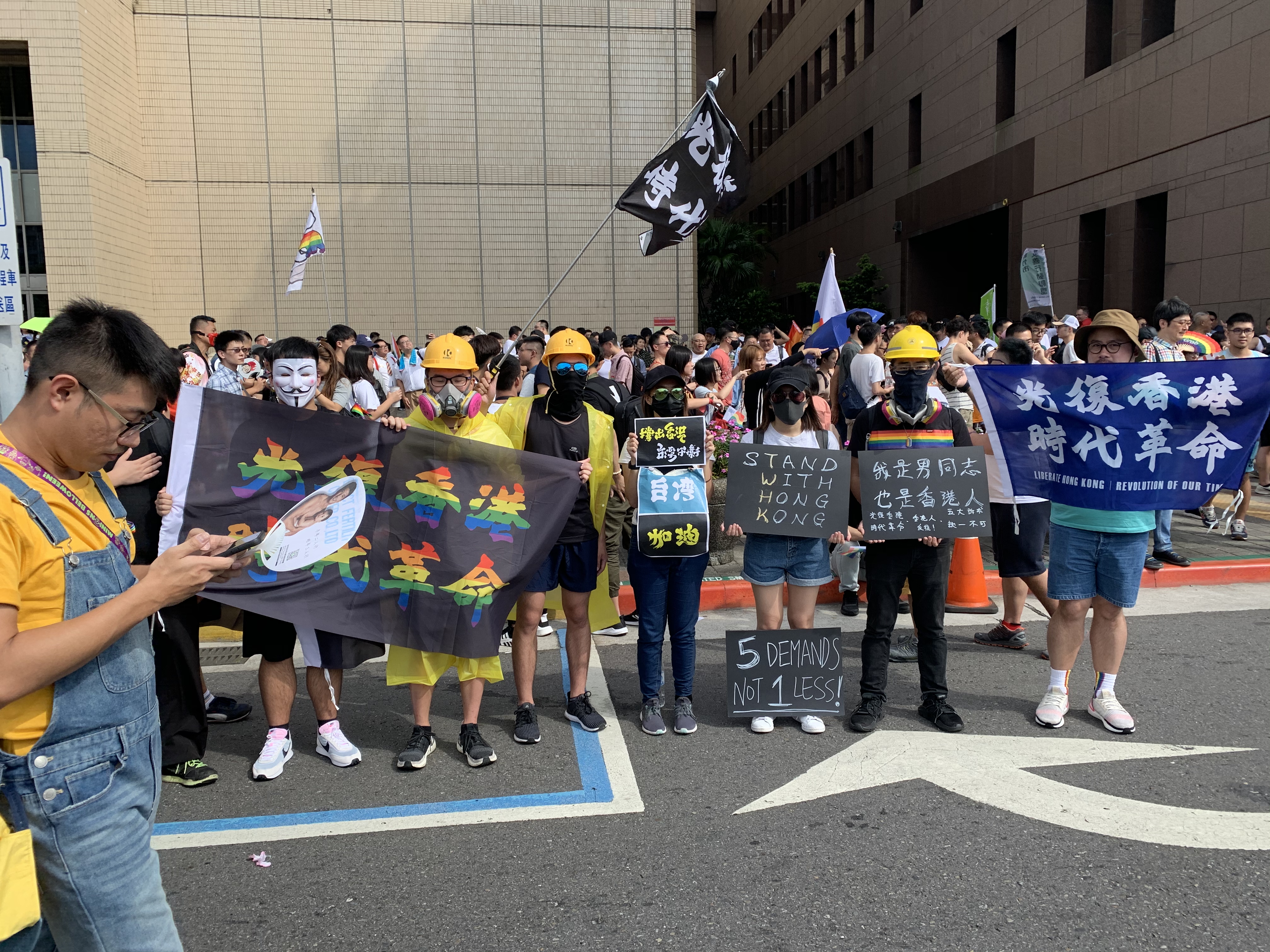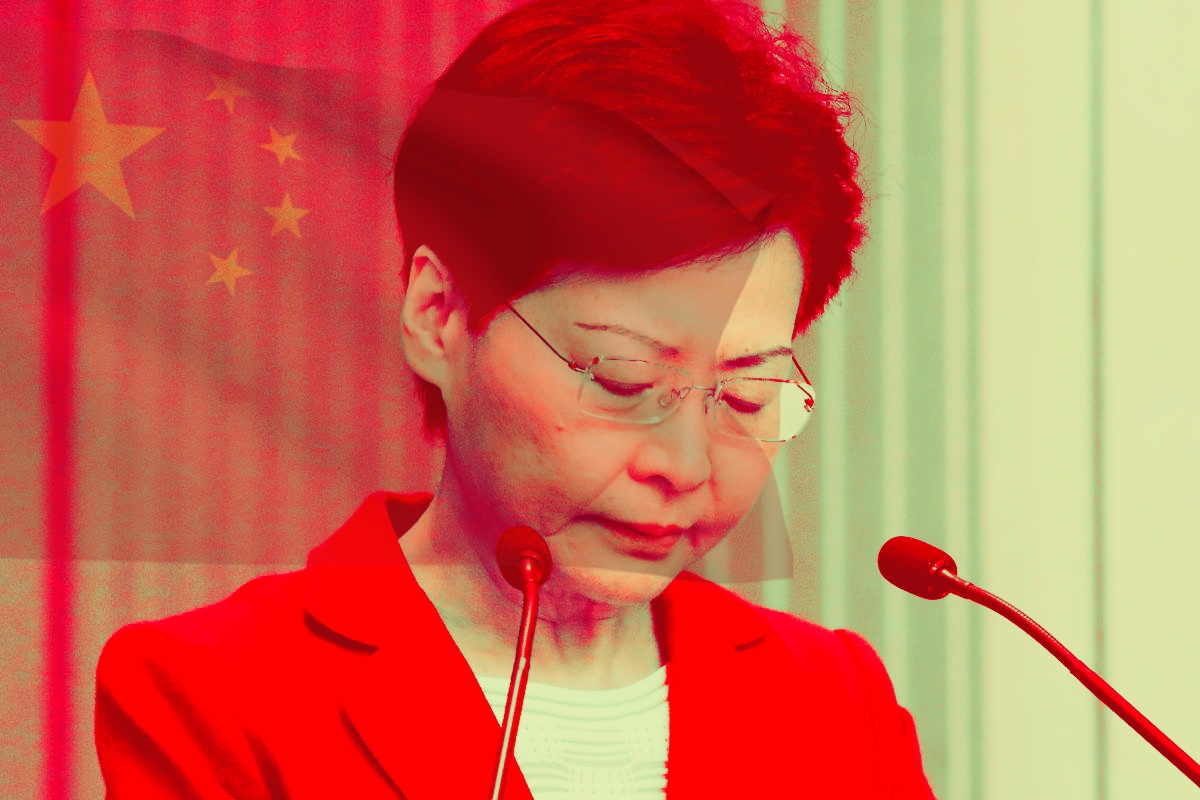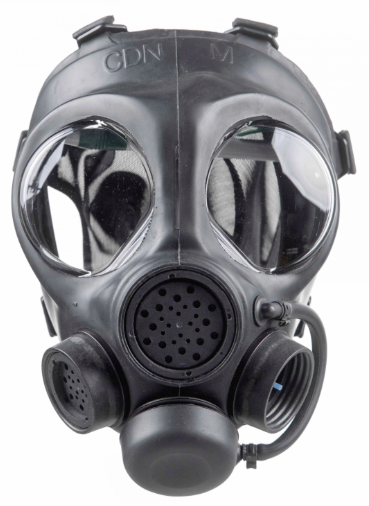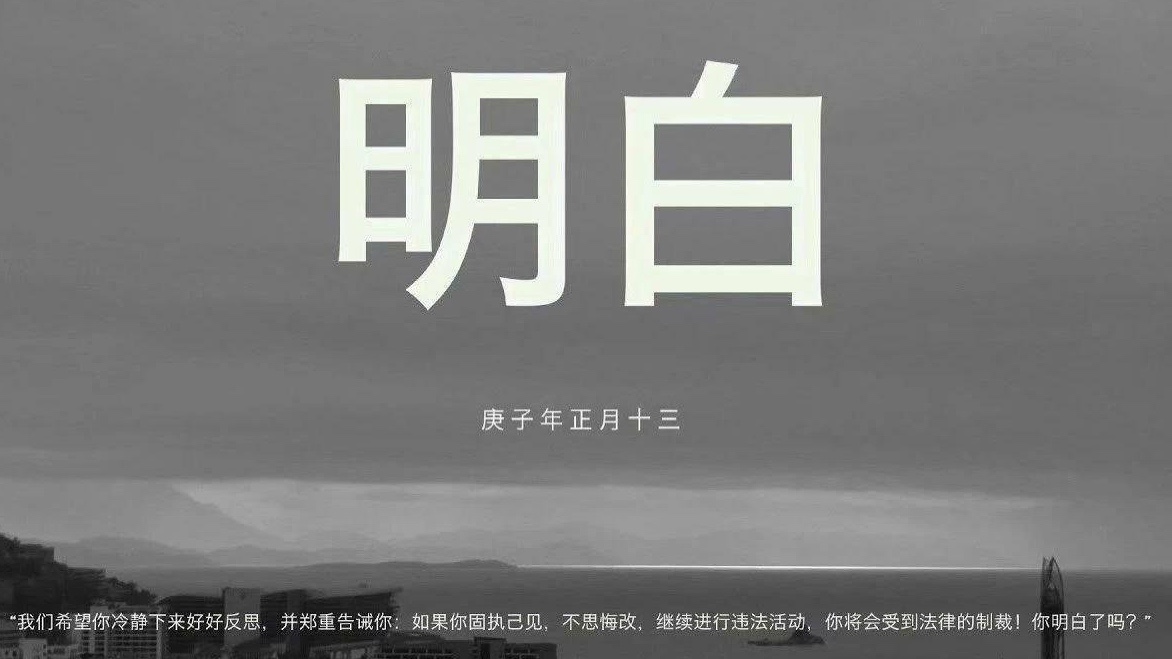 |
| Found on Twitter from user AlexTheBullet (I don't know the origin of the image) |
Chinese people: The Chinese government has been thoroughly incompetent at handling coronavirus!
The Chinese Communist Party: We are doing an excellent job.
The rest of the world, including the WHO: You are doing an excellent job, also these are not the droids we’re looking for
Watching the coronavirus horror unfold in China, I’m acutely aware that I’m close by geographically but worlds away politically and in terms of public health and safety - and those differences are the only thing keeping those of us in Taiwan safe.
It also means that in Taiwan, people generally have access to what’s going on in both China and the West. Information from the latter is freely available and increasingly accessible. At the same time, many Taiwanese have friends or family in China, many of whom are currently waylaid in Taiwan. Speaking a mutually intelligible language (mostly), they have a better idea of what is going on in China than most Westerners, for whom ‘China’ is much further away geographically, historically, relationally and linguistically.
It should be obvious that Taiwan, alongside Hong Kong, is one of the most informative places from which to observe the nexus of knowledge, belief and awareness in both China and abroad.
And what I am seeing now is truly astounding.
Alongside the unfolding of a national tragedy, China is also experiencing a brief window in which freedom of speech is somewhat possible. And if you listen, what you hear is a furious outcry - the howl of a nation.
From my Wechat Moments:— Frankie Huang 🐯 (@ourobororoboruo) February 6, 2020
"现在你我都知道了,杀死我们的并不是蝙蝠。“
"Now we all understand, it's not the bats that are killing us."#2019nCoV
And this:
Checking my Wechat Moments (the equivalent of a Facebook feed in China) this morning: It's almost entirely posts about Li Wenliang, the whistleblow Wuhan doctor who died of coronavirus. This appears over and over:— Anna Fifield (@annafifield) February 7, 2020
"A healthy society should not have only one voice." pic.twitter.com/X9vOqzP5JJ
People in China - many of them, anyway - know that the coronavirus epidemic has been mishandled from the top down and is still not being handled well, that their leaders (whom they never chose) are throwing each other under the bus, that that Xi Jinping is missing in action and that the initial outbreak was mishandled and covered up so spectacularly that it (at least partially) exacerbated the spread of the disease. They are fully aware that Li Wenliang - who was not a dissident - was reprimanded for warning a private WeChat group of his fellow medical school alumni about the danger, and that he can be credited as one of the early voices to speak out about the disease. Li recently died, and the government (so it seems) half-heartedly attempted to cover it up - and it’s causing an absolute meltdown on Chinese social media.
The replies demanded of Dr. Li when he was reprimanded - that he "was clear" and "could" follow the government's orders - have been given life as a form of protest:
你能做到吗?你听明白了吗? https://t.co/c1h1Z7MCOB— 桃味冬日饺子 (@ViolaInJuly) February 7, 2020
They also know that the government data on the disease can’t be trusted.
And they know this because so many of them have known all their lives that the CCP is built on repression and lies, but have chosen until now to survive and endure rather than speaking out and going to jail, or worse.
Compare that to what I’m seeing from the rest of the world, especially the West. It’s like some sort of Jedi - well, I suppose Sith - mind trick.
Despite the international news reporting on the death of Li Wenliang, the consensus seems to be that the CCP is doing “everything they can” to stop the epidemic and that their response has been “great” and “transparent”. The WHO has praised China's response, as well. In China, people know that when you officially reprimand those who issue early warnings, that’s not transparency. Some are even saying that criticism of the Chinese government response is Sinophobic or anti-China. While there have been racist incidents against Chinese people - and that is obviously wrong - it is not Sinophobic to criticize a government.
This is despite international media (finally) starting to report on how badly they are actually doing:
This is despite international media (finally) starting to report on how badly they are actually doing:
This wonder at China’s logistical prowess is symptomatic of a recurrent trope among western commentators. We might call it the “if we could just be China for a day” view....
But when it comes to a public health epidemic, there are worrying limits to the Chinese Communist party’s control. To maintain authority, the Chinese Communist party (CCP) must convince the public that everything is going to plan. This hampers its ability to respond to epidemics....
People are praising the “hospital built in 10 days” (which I suspect plenty of Chinese people realize is a cross between a farce and a death camp - you wouldn't need to build a hospital that fast if you had dealt with the outbreak appropriately in the first place). All the old cliches are coming out: they sure know how to get things done (except for initial containment of the outbreak, I suppose), they’re taking such decisive action (which they hadn’t done before). From the link above, this guy is quoted in the BBC:
I see numerous comments echoing this trash online.
"China has a record of getting things done fast even for monumental projects like this," says Yanzhong Huang, a senior fellow for global health at the Council on Foreign Relations....
"The engineering work is what China is good at. They have records of building skyscrapers at speed. This is very hard for westerners to imagine. It can be done," he added.
I see numerous comments echoing this trash online.
They’re praising China’s health care system (this is just one example), even though it’s failing, and spectacularly, too. It seems a fair number of Westerners have believed for some time that China had universal or accessible public health care” simply because China calls itself “communist”. It does not.
They are talking about that ridiculous Bloomberg article about how “China sacrificed a province to save the world” as though it was some sort of heroic act and not the tragic consequences of endemic incompetence and corruption in a government ill-prepared to deal with this crisis. And if you think public figures aren’t quoting that nonsense, oh, they are:
The fatality rate in Wuhan is 4 percent; outside Hubei province it’s .17 percent.— Farhad Manjoo (@fmanjoo) February 6, 2020
Without any democratic input China sacrificed the 50 million residents of one province in order to save the rest of the rest of the world. What a decision https://t.co/tDa9DGe5e7 pic.twitter.com/aRLRrnIHWZ
To be fair I think he meant this to be somewhat critical? It's unclear.
Of course, while one might be able to try and justify the locking down of the epicenter, this is what Chinese social media is asking - and the West apparently is not: if the government has been doing such an excellent job, how did it get to the point that they needed to lock down several other cities and put a huge chunk of the economy essentially on hold? Was it necessary, or is it a massive overreaction? We have no idea which it is - and isn’t that even scarier?
Worse still, the international media is taking government data as gospel, which people in China know right now not to do. We don’t know what the fatality rate is because nobody knows how many people died before being diagnosed because they couldn’t get care. China keeps reporting “2.1%”, a number I don’t think anyone in China believes. We have no idea how contagious it is, either. We know nothing.
神奇的病毒,还是个数学高手— 李隽 (@juanli324) February 6, 2020
1月30日:170死/确诊7821=2.1%,
1月31日:213死/确诊9800=2.1%,
2月1日:259死/确诊11880=2.1%,
2月2日:304死/确诊14401=2.1%,
2月3日:361死/确诊17238=2.1%,
2月4日:429死/确诊20471=2.1%,
2月5日:493死/确诊24441=2.1%
2月6日:564死/确诊28605=2.1%
If the CCP is doing such an excellent job, how is it that China-watchers in Asia are openly wondering if this will be the crisis - not just of public health, but of public fury - that brings down the CCP?
CCP's persecutions, lack of transparency, and its management of the #coronavirus could be the last straw to break the camel's back. The oppression & anger people have felt for decades is coming to the fore. Please, may change come for the good of China.https://t.co/G67g5Fhh4p— Roy Ngerng (@royngerng) February 7, 2020
It’s like some sort of demented hypnosis. The media is waking up, but I'm shocked that the commentary has been so...so...tankie.
How did the CCP manage to dupe so many people abroad, when their own citizens after years of forced indoctrination seem to (mostly) know better? How is it that people outside China seem more susceptible to authoritarian propaganda than the people educated since birth to support that system? How is it that the rest of the world seems to put faith in Chinese state media - which is known for spouting government lines rather than the truth - while being completely oblivious to - or simply ignoring - a billion furious people?
It's like they all read and believe this junk rather than actually listening to people in China who have a brief flicker of an opportunity to speak out.
How did the CCP manage to dupe so many people abroad, when their own citizens after years of forced indoctrination seem to (mostly) know better? How is it that people outside China seem more susceptible to authoritarian propaganda than the people educated since birth to support that system? How is it that the rest of the world seems to put faith in Chinese state media - which is known for spouting government lines rather than the truth - while being completely oblivious to - or simply ignoring - a billion furious people?
It's like they all read and believe this junk rather than actually listening to people in China who have a brief flicker of an opportunity to speak out.
And those same Westerners are probably patting themselves on the back for being aware of the crisis in China and sympathetic to the Chinese people - whose voices they ignore in favor of state-peddled lies. I don’t think they realize the level of vitriolic, potentially incendiary outrage brewing in China against the very government they praise from a distance.
Truly, it amazes me.
In China and the region, we know that the biggest danger isn’t coronavirus, or isn’t only that. Far scarier is knowing that we can’t trust the government tasked with combating the epidemic. At all.
As Chinese citizens are showing the world that they don't buy the CCP's crap when it comes to coronavirus, the world seems to be saying "more crap, please!" The death of Dr. Li might turn that tide, but with the WHO expressing condolences, after praising the government that silenced him and not seeing the irony of it all, and then backtracking to say they "had no information" (!!!), I'm not sure.
As Chinese citizens are showing the world that they don't buy the CCP's crap when it comes to coronavirus, the world seems to be saying "more crap, please!" The death of Dr. Li might turn that tide, but with the WHO expressing condolences, after praising the government that silenced him and not seeing the irony of it all, and then backtracking to say they "had no information" (!!!), I'm not sure.
I wish the rest of the world would realize it too.

